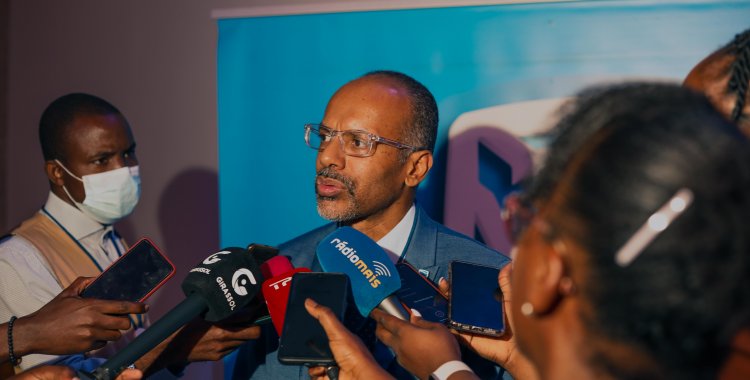The conclusions are from the standard Bank Research team, which presented on Wednesday in Luanda, the 'Economic Briefing'.
"Petroleum price recovery and progress in structural reforms, supported by the three -year -old IMF program, which ended in December 2021, helped stabilize the economy. However, more reforms and investments are necessary to support growth make it more inclusive and to transform the economy, "said Fáusio Mussá, head economist at Standard Bank to Angola and Mozambique, in a statement sent to Verangola.
The 'Economic Briefing' is a periodic event created in 2018 by Standard Bank, aimed at the institution's clients, regulators and public institutions, which presents an overview of the macroeconomic conjuncture and perspectives for the future of the economy, revealing, on the one hand,, on the one hand, revealing, on the one hand, A set of positive and favorable evolutions to the national economy and, on the other hand, some of the challenges that remain.
With worldwide growth to decrease and inflation rising, due to prolonged Russian invasion of Ukraine, the price of the barrel of oil rose, and restrictive monetary policy made the dollar stronger. Since April 2022 there is a slowdown in food inflation, but the risks are still very high, experts explain.
"Angola remains dependent on oil and exposed to the volatility of its price," explains Fáusio Mussá, stressing that the creation of more employment and the diversification of the economy require reforms and investment. "However, the high cost of debt service may compromise social spending, public debt and investment, so tax prudence remains an important pillar for macroeconomic stability."
According to the head economist of Standard Bank to Angola and Mozambique, the institution's predictions point to the 18.6 percent inflation at the end of the year, slightly higher than previous predictions. The GDP growth rate will be 3.3 percent at the end of the year, but will record a decrease in growth by 2023 to accelerate again by 2024.
The objective of the economic briefing produced and presented by the standard Bank Research team has, once again, to add value to the themes related to the Angolan economy and the African continent in general.
Following the presentation of the economic briefing, an approach was made about 'initiatives for economic transformation'. The debate panel consisted of Marco Souto, IMF representative in Angola, Túlio Cravo, Bad's main economist to Angola, and Carlos Katsuya, Head of Mission Angola IFC. The discussion was moderated by Ricardo Ferreira, director of corporate bank and investments SBA.







